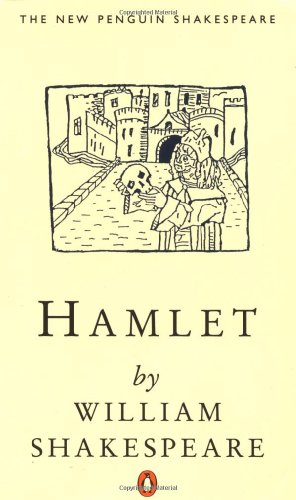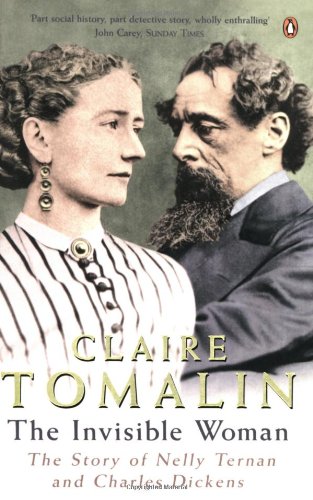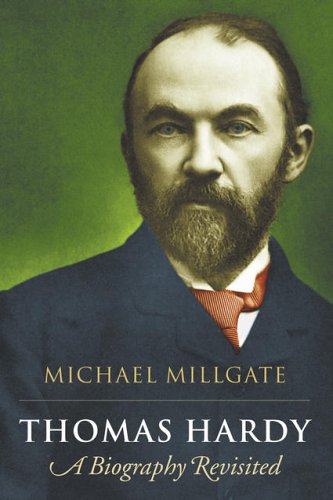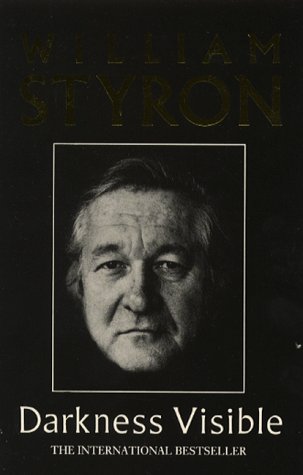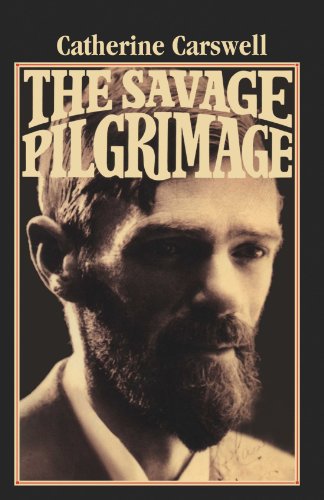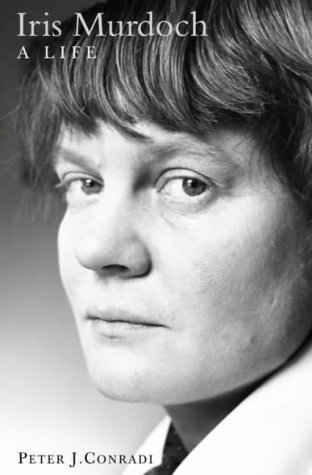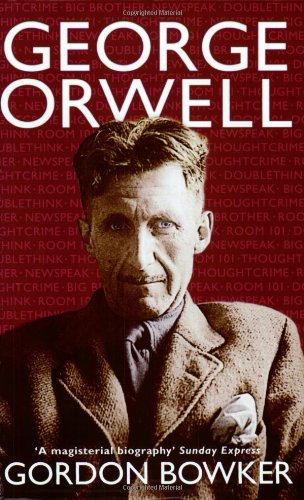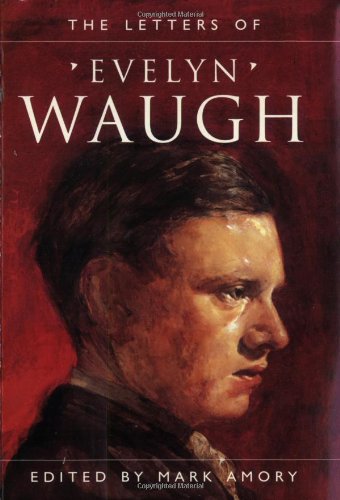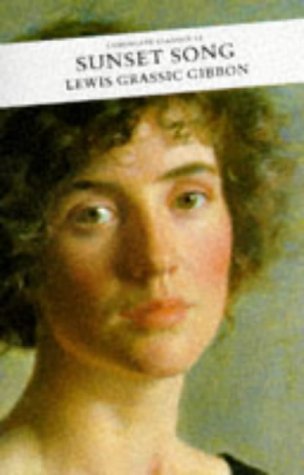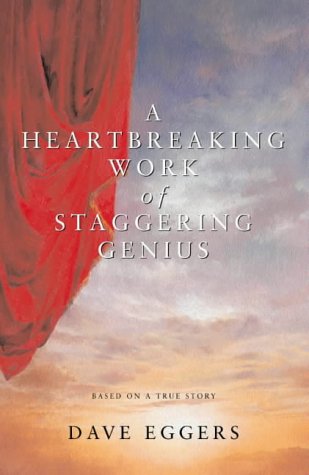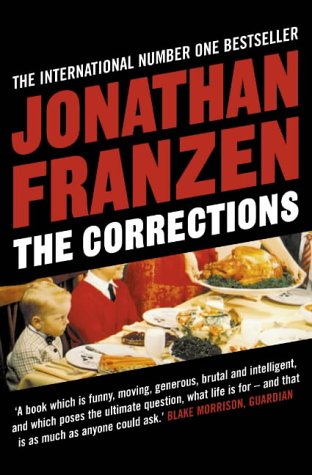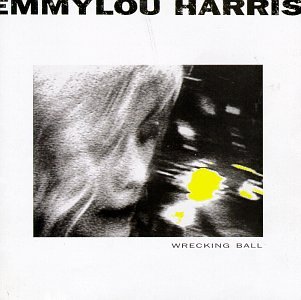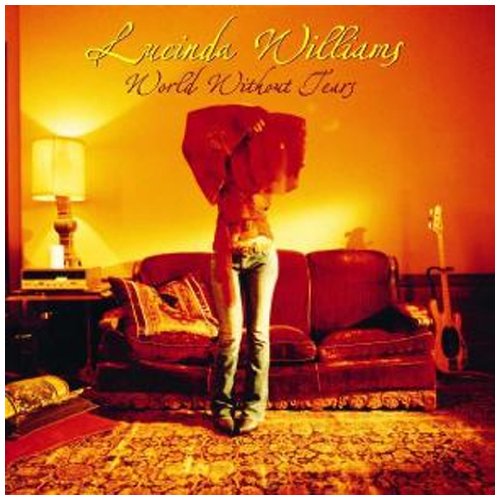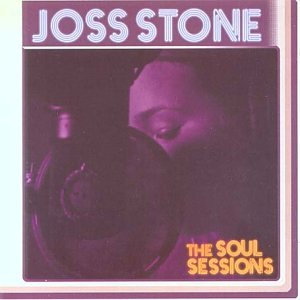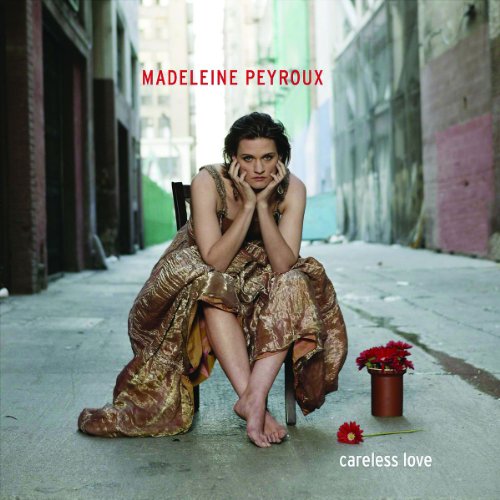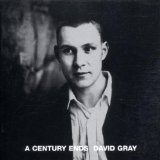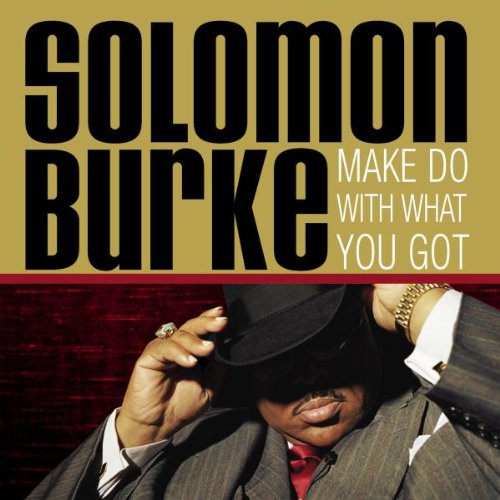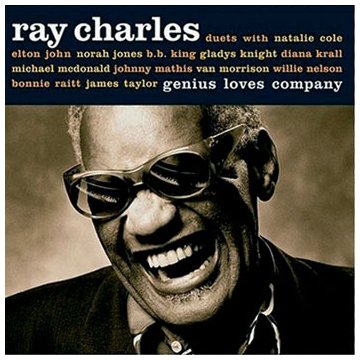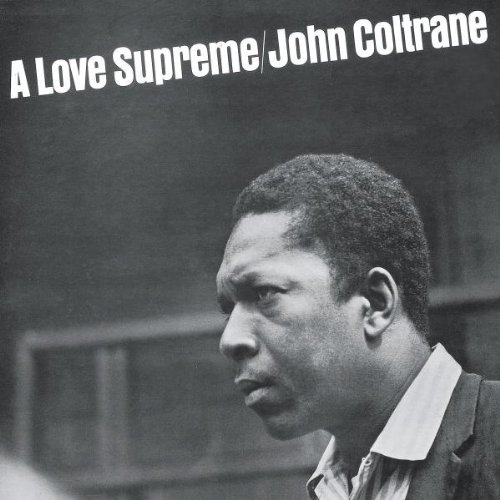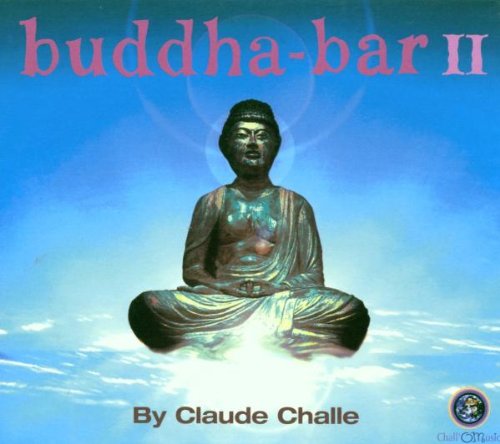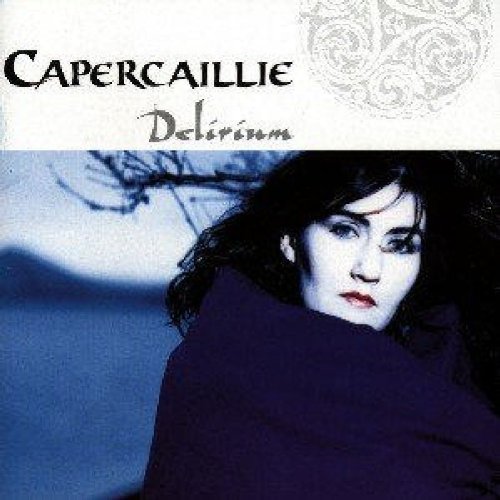I have always tried to avoid weeping in public. An early baptism in such saline displays convinced me of their undesirability as anything other than a rare aberration. Yet, on that typically Scottish, dreich and dour evening before grandma's funeral, I found myself tearing up at every corner. Not for her. At 96, she'd lived a long, relatively healthy life, but for that much earlier loss that I'd thought long since expunged from my consciousness.
Earlier that night, I'd met my old school pal Patsy for a drink in The Moorings, our former stomping ground. After losing contact for years, we'd bumped into each other in the street the previous day.
"Amazing after all this time in the Big Smoke and your accent�s stronger than ever," she'd said, after our customary greetings of Fit like? Nae bad, foo's yersel?
"Thanks. I'll take that as a compliment," I'd responded. "You know what they say, you can tak the quine oot o' Aiberdeen, but never the Aiberdonian oot o' the quine."
"Actually, I think they say that about some other city, but never mind."
While Patsy had stayed put, I'd moved to London, rarely returning home. As teenagers, we'd bombed around town in her turquoise Mini Cooper with Santana blasting, smoking Number Six's, Du Maurier's or spliffs - depending on finances and availability.
"Here for long?" she said, after getting the drinks in.
"Just long enough to settle things and sell grandma's flat."
"I�ve been trying to remember when we last saw each other?"
As if in some kind of time warp, the old-fashioned jukebox started pumping out Blind Faith's �Can't Find My Way Home.� Ned's favourite.
"Wait - wasn't it the day before you stood me up and got off with Ned?" she continued.
The sound of his name spoken out loud gave me goose bumps. The song's lush, lyrical melody swept over me, pulling me into the past. �Well I'm near the end and I just ain't got the time, well I'm wasted and I can't find my way home.�
"Oh Gawd, nae going to hold that against me for ever are you?" I said, struggling to remain in the present.
"Probably. What really happened to him? Never did hear the whole story."
I thought I heard someone call my name and as I looked over at the swing doors, for one heart-stopping moment, I saw him standing there, laughing that laugh I�d once loved so much. I shivered and knocked back my whisky and ginger ale. "Same again?" I said.
"You buying? That's as rare as a Scotsman with a tan. Make it doubles. And get some fags while you're at it."
I grinned. Hadn't smoked in years, but what the hell, it was that kind of night. Grandma's death, seeing Patsy in The Moorings again, the gloomy Scottish weather, and Blind Faith's plaintiff lyrics had loosened an ice floe of memories. Which was why, once back at the tiny tenement flat I'd grown up in, I sobbed relentlessly through the night for everything that had once been, and was lost forever. Maybe the time had finally come to turn over the stone of my life and examine whatever scuttled forth.
Back in 1975, the world and its weather were infinitely fascinating to me. It was already dark by four-thirty on that dank, drizzly, late November afternoon, and the glowing street lamps were reflected in the oily black pavements of the empty, narrow cobbled streets, illuminated by occasional patches of silvery light. Ned emerged from the shadows down by the docks and stepped in front of me, blocking my path.
"Fancy a drink, bonnie lassie?" he asked, in his, butter soft Orcadian twang. I not only fancied a drink, I fancied him. His hair was curly and long, his features were delicate, his skin pale, his teeth small and neat. The overall effect was rock star rebellious, quirky and appealing. As was the lure and mystery of a stranger.
"OK," I said. What the hell. I was a creature of impulse. I'd been clip-clopping over the cobblestones in my new, dark green, platform-soled boots en route to The Moorings, where Patsy was staked out by the jukebox, pint of lager and lime in hand, eyeing up the talent washed up by the effluence of the North Sea oil boom.
"You're easily led," he laughed, his shoulder-length locks shaking along with his shoulders.
"It's my best feature."
"Did mummy never warn you about talking to strange men?"
"'Mummy's' been dead for years. Both parents were killed in a car crash when I was three.�
He gasped. "Snap. Mine too! I was seven when it happened. Lived with Aunty Gladys and Uncle Eric ever since. �
I did a double take. I'd never met another orphan before. �Must be fate,� I said, half joking.
�Not fate. Fate means doom.�
�And destiny.�
�Where do you live?�
"I live with my granny, who'd probably be thrilled if I went off with a strange man. Get me out of her thinning hair. Just how strange a man are you anyway?"
"Just how strange a man do you want me to be? I'm pretty flexible. I have a lot of range. "
"Good, you'll need it, 'cos I have a low boredom threshold."
I was hooked. Sometimes, you meet someone and you know. Within minutes of our encounter Patsy was destined to remain by the jukebox forever, and she and I would not to meet again for another two decades. I saw the hero in him right away. He was a diver for oil out on the wild North Sea, seeking out the sources of the liquid gold destined to make Britain self-sufficient, and the Royal Borough of Aberdeen, the Houston of the North.
Since oil was discovered in the late sixties, the world's fortune seekers had been charting a course to the city's offshore oil fields. From opening 'til closing, pubs, with sea-faring monikers like �Schooner� and �Anchor,� were knee-deep in buccaneers from our former colonies, downing as many barrels of booze as possible before being spirited offshore for the tee-total, monastic confines of a North Sea oil rig. The oil transformed lives. Competition was fierce for the favours of the local lassies, whose routines were already pulsing to the three-week-on, three-week-off, rhythm of oil industry life.
The Yanks, kitted out in Frye boots, sheepskin jackets and with ten gallons worth of hat on their heads, dominated. They'd even opened a US shop, stocked with such essentials as Charmin toilet paper, Oreo biscuits, Celestial Seasonings herbal tea and something called Cream of Wheat.
On the oil industry totem pole, North Sea divers ranked near the top when it came to job-associated risks. Burnout was high, but so were the rewards.
"I'm not like most divers," explained Ned. "Only doing it to make a stash of cash, then I'm getting out. I want to open my own dive shop in Caribbean."
But the future seemed a long way off. Over a drink I described my latest employment as a trainee quality control officer at Bain's fish processing plant; the latest in a long line of temporary jobs. I was having a year off after dropping out of a business management course in college. Though to do what exactly was a mystery. Knowing what to do with my life had always been a mystery.
�I'm due back on board ship by seven," he said, several drinks later. "I'd see you home, but.�
"Excuses, excuses. Hey, thought I was supposed to play the Cinderella role?"
"I like you," he said, nudging me. "With your long blond hair, you look like an angel."
I flushed. In Scotland, compliments, no matter how benign, were rare.
"I'm back onshore this Sunday. Meet me here at eight?" he said.
"I'll think about it."
"Will ye now," he grinned.
That Sunday, even though half expecting him not to show up - oilmen were notorious for being unreliable - I still went. I'd almost given up on him when he rushed in half an hour late, picked me up off my feet, swirled me round, and planted a huge kiss on my lips.
"Do I know you?" I said, when I came up for air.
"Not in the biblical sense. Not yet. But you will."
The rest of that night whizzed past in a sea of Asti Spumante in the new Italian on Parker Street. A meal out was a special occasion for me, but my new friend had money to burn.
"Don't worry, be happy!" he kept chanting, quoting Meher Baba, some eastern guru Pete Townsend followed. Later, he smuggled me on board his ship, the SS Dolphin, where we lay awake kissing in his single bunk all night long, giggling, and too scared of discovery to explore further. It was the most exciting thing that had ever happened to me.
When I didn't come home that night, grandma had a fit. You'd think she'd have been used to it by then. At 19, contrary to other reports, I was no angel. Wasn't the first time I'd stayed out all night, but to her, I was still a child. Poor grandma, seventy-six years old, crippled with arthritis and lumbered with me since the age of three.
"Oh ma God. Michty me, Kathleen," she'd often say. "Fit ever next, you're the limit. You'll be the death o' me yet."
But grandma's demise, whether personally inflicted by me or not, seemed highly unlikely.
"Nae such luck. You'll live forever, wifie. You're indestructible, you are," I'd respond.
Grandma was from a tough sea-faring clan whose members had been fishing the North Sea's fertile waters since the 17th century. The women were famous for their longevity. While Grandpa had long since been carried off by bronchitis, his widow looked likely to go on forever.
"Dinna you be cheeky," she said, repeating one of her golden rules of parenting. Others included: dinna talk wi' your mouth full; elbows off the table and dinna sit on public lavatory seats. Nothing useful. Nothing about sex. Mind you, the old bat was practically antediluvian, so she'd probably forgotten the rudiments.
"Dinna you be cheeky," I mimicked.
"You're nae too big tae pit across my knee, lassie," she threatened.
"Don�t worry, I'll be out of here soon." I was saving money for my own flat. In about a month or two, I'd have enough.
"Good. Then I winna hae tae wait on you hand and foot ony mair."
Our love/hate relationship was an ingrained part of our daily repartee. Still, she was all I had, apart from a distant brother of my father's in South Africa and an auntie on my mother's side in Wales.
Three days after Ned went offshore, a yellow chrysanthemum plant arrived with a card reading, "Can you lend me a pound 'til Friday?" No one had ever sent me flowers before. Nor asked to borrow a pound 'til Friday. Daily postcards followed: of grazing sheep on the Outer Hebrides; of the harbor in Stavanger, on the back of which Ned had scrawled, "Hunting Tigers Out in India-h," and a Victorian postcard of a dreary-looking hotel in Grimsby, on which he'd scribbled, "Pray for my soul. Bearers gone. Am down to the last of the rations. The crocodiles are snapping at my feet."
Then the postcards stopped abruptly and for two weeks I heard nothing. Until one Saturday afternoon when he arrived unannounced at the front door clutching a bottle of Asti Spumante and a bunch of pink roses for Grandma. I had a scarf on, my head hiding my unwashed hair, a faceful of plooks, the previous night's eye-makeup and was doing the ironing in my faded old blue dressing gown. I'd been to a dance the night before at the University Union. The drinks were half price: the hangover full-throttle.
"Aaaaaaagh." I took one look at the object of my affections and hurtled towards the bog.
"Hope you've come to take me away from all this," I shouted through the keyhole, over the sound of the bath water running.
"Tigers don't go out on rainy nights, they've no need to whet their appetite's," he sang. The lyrics were from his favorite band, the Bonzo Dog Doo Dah Band.
"He's fee - nae right in the heid," pronounced Grandma.
"Look who's talking," I said, laughing.
That night, he'd booked us into a hotel, where we finally made up sexually for lost time, before he went offshore again the next day at noon. The oil industry was like that. Men were here one day and gone the next. Respective wives or girlfriends had no choice but to get used to it.
"Fancy Paris for a week?" he said, as he was about to leave.
"Mais oui. Fa wouldna?"
"We can fly to London, get the ferry to Boulogne, then the train to Paris."
"Zoot alors. I'll jist awa hame and pack ma suitcase."
"Nae now. Soon."
It was to be another week and a half before I heard from him again.
"Meet me on Friday at the airport," he instructed over the phone.
"OK."
"Je t'aime," he said, in his soft twang.
"What?"
"You 'eard."
A silly grin settled on my face. No one had ever told me they loved me before, especially not in French. The nearest Grandma ever came was the occasional, "Aye, you're a nae bad lassie, when you try," after a sherry or two at Xmas.
�It�s fate,� I said softly. �Fate as in destiny, not doom.�
I immediately dumped my quality control career at Bain's. Grandma was not a bit pleased when I told her.
"Fancy gieing up a good paying job. Fit div you ken aboot this laddie?" she asked.
"Enough. Bye."
"Oh me, you'll be the death o' me yet," Etc. Etc.
Ned arranged for a friend to send him a telegram on board ship summoning him for jury duty. Rig workers did it all the time, he said. His company helicoptered him off the ship to Aberdeen, where we caught a plane for London, followed by a train and a ferry to France. We spent the journey practicing our school French, drinking red wine, debating whether 1984 would actually be like �1984� and discussing the pros and cons of LSD and Huxley's �The Doors of Perception� and �Heaven and Hell.� We didn't sleep much. The week sped past, and by the end of it, we'd decided to get a flat together.
Over the next few weeks, in addition to the Bonzo's, Ned introduced me to The Guardian newspaper, Steely Dan, Blind Faith, Grateful Dead', Mervin Peake, Delius, Vaughn Williams, a cockroach called Archie, a cat named Mehitabel, and champagne.
"Marier moi," he wrote on the back of a postcard, about a month after we returned.
"D'accord," I found myself saying.
On his next leave we decided, spur of the moment, to elope to Gretna Green. Hardly original and slightly tacky, it suited our mood. The witness was the registrar's wife. Afterwards, we drove up the rugged West Coast to the Kyle of Lochalsh and took the ferry over to the Isle of Skye. The Cuillin Hills� craggy peaks provided a spectacular backdrop as the sun filtered through racing clouds, highlighting slopes of gloriously purple heather and primrose gorse. It was one of the most beautiful sights we'd ever seen and we resolved to return often.
Grandma had a hairy fit when she found out.
"Gretna Green! Yon laddie's nae right in the heid. Funcy nae telling onybody."
"It was my idea."
"You're as bad as he is. Oh me, fitever next, you'll be the death o' me,"Etc. etc.
We found a one-bedroom granite flat overlooking the harbour and I got accepted to read English at Aberdeen, starting in the autumn. For a while, life was wonderful, the way I thought fate meant it to be. We settled into a routine: three weeks of separation and sobriety, followed by three of connubial and alcoholic bliss. Ned's appetite for stimulants and spending money proved prodigious. I tried my best to keep up. Why not, we were young, and I'd become addicted to the excitement and unpredictability.
But that sublime summer faded slowly into a cool, rainy autumn, where the sun rarely put in an appearance. The first inkling I had of trouble came when I retuned home early one bleak November afternoon to find him sitting in the dark, staring at the wall, surrounded by empty beer cans and a half empty bottle of Dewar�s whisky. His face was a mask of misery.
"Darling, I didn't know you were coming home - " I started.
"Lost my job." He swigged from the Dewar's.
"What happened?"
"Said I was drunk on-board ship - "
"You weren't.�
"I'm not the first to have done it.�
I struggled to understand. "Why? Why would you do this?"
"Don't nag, lassie. God, did anyone ever tell you, you're a fucking nag - Ha, ha, just joking."
I'd never seen him like this before.
"There are loads of other jobs out there. Don't worry, be happy," he cackled with a look that frightened me. "It's the rigs. They drive everyone mad."
"OK. Then get something else.�
"What?�
�I don't know. Something will turn up."
The next day, Ned made some phone calls and immediately landed another job, for more money. Divers were in high demand on the North Sea. Work was plentiful. Within days he'd gone - with no idea when he'd be back.
It was four weeks before I saw him again, when he seemed almost back to his usual sunny self and we continued our usual, non-stop indulgence. I thought no more about his weird behaviour, until a few days later, when my carefree husband once more became withdrawn and depressed, and spent two days in bed. My asking what was wrong with him solicited only scowls and grim monosyllables.
One evening he went out to the pub with his mates and didn't come home all night. Next lunchtime I tracked him down in The Moorings drinking by himself, listening to Blind Faith on the jukebox.
�Where the hell have you been?" I said. "I was so worried.�
He sat ashen-faced, staring at me, saying nothing.
"Talk to me darling."
"I have no talent and no future," he said, in a monotone. "I'm depressed."
"What have you got to be depressed about? We're newly married. You've got a good job, money, me - "
"You don't understand. You can't help me."
"Stop it. You're frightening me.�
"Leave me alone."
"Ned!�
"Leave me alone," he shouted.
Tears flowing, I stumbled out of the pub, almost knocking a woman over.
Later that night he came home, filled with remorse, clutching flowers and yammering madly: He was sorry, he didn't know what got into him, he didn't mean to hurt me, it was the booze talking. Distraught, he threw himself on the floor at my feet, promising to stop, asking forgiveness. How could I not? The alternative was, unthinkable. Besides, he seemed in such pain, that I pretended everything was fine. We discussed him leaving the rigs and starting his own diving business in the Caribbean, where it was warm year round and the light was incredible. Enthused and excited by this idea, he concocted grandiose schemes for a diving empire.
A few weeks later, half-way through my first term at university, Grandma popped round with some post for me. After ringing the bell she let herself in and found Ned unconscious in the bath with his wrists slit. The ambulance got there just in time. Manic depression diagnosed the psychiatrist, which, translated, meant he had periods of intense highs and lows. God, I could have told them that. The doctor prescribed lithium to level out his moods, and the hospital bandaged his wrists and sent him home.
"Poor laddie," said Grandma. "I kint he wisna right in the heid. You can always come back hame."
Apparently, the north of Scotland had one of the highest incidences of manic-depressive illness in the world, partly because of our northern location, the long dark days and the grey, rainy weather. The word Scotland had even originated from the Greek root - Scoten, land of darkness. Manic-depressives also had the highest incidence of substance abuse, due to their attempts to regain the euphoric, manic part of their illness, and escape the often crushing, suicidal depressions. They used alcohol as solace, but with the resulting mood-lowering hangovers, physically and emotionally punishing. Well, that explained a lot.
I discovered he'd lied about being an orphan. His father was an alcoholic who died of liver failure in his forties; his manic depressive mother lived in an institution down south. It wasn't even the first time he'd tried suicide - there'd been two previous attempts. Still, knowing the problem meant we could do something about it, and, in my naivety, I resolved to do my best to solve it. On lithium, things improved for a while. We discussed the idea of a dive shop again. I bought books about the Caribbean, and dreamed about our new life there. Buoyed by such prospects, my old "Don't worry, be happy," Ned returned and we both felt hopeful.
But shortly after the old year gave way to the new in that long, bleak winter, of '77, Ned casually informed me one evening over a drink in The Moorings, that he'd stopped taking the lithium. "It's not helping. Makes me dull. Not myself. I can�t think. It makes me a different person. I can't function," he said, as if that were that.
"I don't understand. What does the doctor say?"
"Dunno. I've stopped seeing him. Look, you made a mistake marrying me," he continued in that quiet, low-key tone I'd come to dread. "It's my fault. I can't make you happy. Everything's my fault."
"What about the Caribbean," I managed to squeak.
"Fuck the Caribbean. It�s just a dream. Face it, I'm like a stone round your neck, tying you down. You should leave me, find someone else."
"Ned. I'll never leave you. I love you.�
"You're better off without me," he said flatly, staring at the rows of bottles on the shelves behind the bar. "Stop fucking crying. Jesus, you're always fucking nagging and crying."
Once more, I got up and fled, tears streaming down my face.
We struggled through the rest of that January. Until one cold, grey February day when I came home from university to find him hanging by a rope from the light chord in the middle of the living room. The stranger I'd married swayed in the draft from the open window. So much for fate, I thought. He was right. It did mean doom. I'd never thought much about God before, but in that instant I decided there wasn't one. He left a note: "Forgive me, I love you," was all it said. As the walls started to close in on me, I stared at his lovely, pale face and the neat features one more time, and then I passed out.
After that, nothing seemed to matter any more. I dropped out of university and moved to London, vowing never to return to Aberdeen, with its terrible weather and haunting memories. I got a job selling clothes on a stall in the Ken Market. Stints as barmaids and in clubs followed. I was even a bunny girl for a short time. I pursued hedonism. Anything to wipe out the past. Years passed. I followed Ned's example by numbing myself with booze, drugs and sex, blotting out the highs and lows, until they disappeared into the mists of time.
It was not until my 28th birthday, when I�d woken up, hungover, unable to remember the name of the man I�d picked up the previous night and whose head lay next to mine on the pillow, that I decided, I�d had enough of my aimless, pointless existence. I took a long hard look at myself and didn't exactly like what I saw. I'd always been good at English, and got a job as a trainee journalist on a local paper in Wimbledon. After three years, I became chief reporter, then assistant editor. In time, I became the editor of one of those women's magazines filled with advice about boyfriends and fashion. I earned a fortune. Loved some wonderful men, dispensing with them if ever they threatened to become serious. I never looked back, never thought about the past, until now.
The day after grandma's funeral I got up early and, on impulse, drove my rented Toyota west to the Kyle of Lochalsh, and boarded the ferry to Skye. I was struck once again by the dramatically changing weather; the glorious colours of the heather-covered Highlands, the bleating sheep and the splendid isolation that Ned and I had once found to be one of the greatest pleasures on this earth.
I was half a mile beyond a tiny village, with three whitewashed cottages and a small hotel, when the skies and craggy hills turned magical.
As the sunlight once more filtered through racing white and purple clouds, the mist and fleeting rain showers produced a white rainbow - something I'd never seen in my life before. It appeared from beyond a hill to the west and ended on the road just ahead of me. I got out of the car and approached it, trying to grasp the ungraspable. For another heart-stopping moment, I did, and the world and its weather became infinitely fascinating to me once again.
